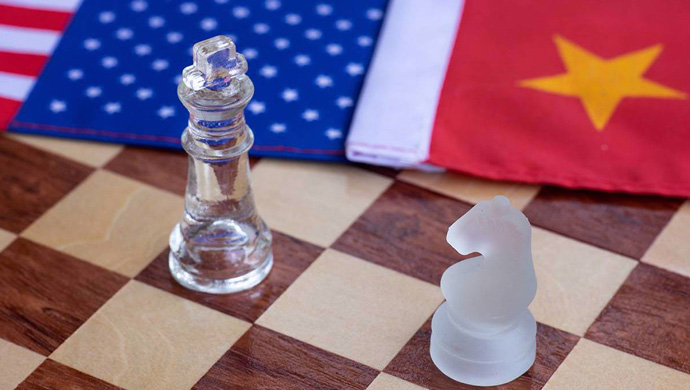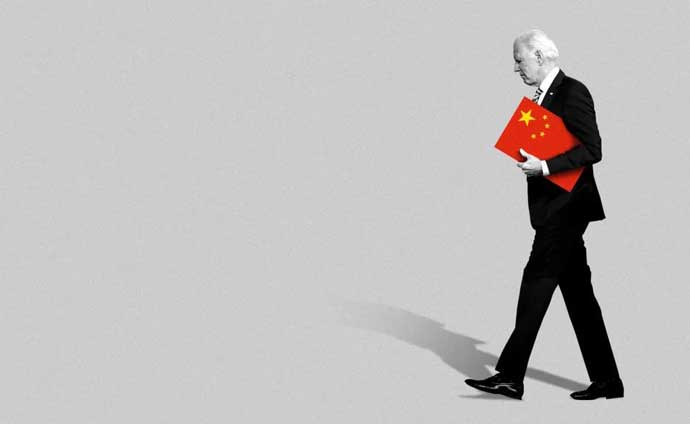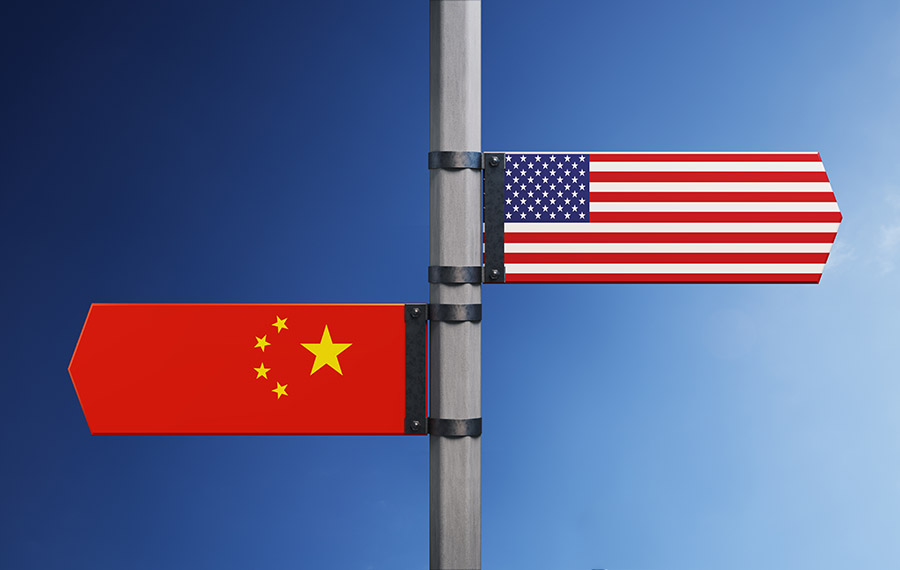
Tao Wenzhao, Honorary Member of the Chinese Academy of Social Sciences; Fellow, CASS Institute of American Studies
Dec 19, 2020
China and the United States have patched things up before, but this time it’s going to be more difficult. The necessity of doing so, however, remains. Neither country can afford instability, much less war.
Richard Javad Heydarian, Professorial Chairholder in Geopolitics, Polytechnic University of the Philippines
Dec 17, 2020
Over a century ago, tangled alliances in Europe were tested with the onset of the First World War. Today, the converging interests of Asia’s middle powers, U.S. regional allies, and China in the South China Sea threaten to provide the world a redux.
Ma Shikun, Senior Journalist, the People’s Daily
Dec 17, 2020
The steady style of U.S. President-elect Joe Biden is a sharp contrast with that of the erratic Donald Trump, and so it’s likely that windows of opportunity will open in China-U.S. relations. Exactly how and in what fields improvement will come is anyone’s guess during the transition period.

Zhang Monan, Deputy Director of Institute of American and European Studies, CCIEE
Dec 09, 2020
The incoming Biden administration in the United States is unlikely to bring wholesale change to China-U.S. relations, especially in the realm of sci-tech. While some frictions will ease, Biden will attempt to patch up relations with America’s European allies to constrain China.
Wei Xuewei, Research Fellow, Institute for International Strategy, CPC Party School
Dec 08, 2020
U.S. President-elect Joe Biden has a wealth of political experience, unlike Donald Trump. A gradual return to more normal China-U.S. relations can be expected. But some aspects of Trumpism are likely to remain for some time.
Richard Weitz, Senior Fellow, Hudson Institute
Dec 04, 2020
China-U.S. relations will likely remain strained under incoming President Joe Biden though the style and some of the substance will change. While defending U.S. security partners in Asia and seeking change in many PRC economic policies, the new team seems interested in exploring opportunities for cooperating on public health, nonproliferation, and especially climate change, under John Kerry, the first U.S. special presidential envoy for climate.
Su Xiaohui, Deputy Director of Int'l & Strategic Studies, CIIS
Dec 04, 2020
After waiting for the political dust to settle following the U.S. election, President Xi Jinping congratulated President-elect Joe Biden and revealed key expectations about China-U.S. relations going forward.

Wu Baiyi, Former Director of the Institute of European Studies, Chinese Academy of Social Sciences
Nov 30, 2020
As the U.S. attempts to divide Chinese society, its suppression of industry, verbal attacks and ideological stigmatization all point at painful, challenging conundrums in China’s development and reforms.
Andrew Sheng, Distinguished Fellow at the Asia Global Institute at the University of Hong Kong
Xiao Geng, Director of Institute of Policy and Practice at Shenzhen Finance Institute, Chinese University of Hong Kong
Nov 30, 2020
Americans don’t agree on much of anything nowadays. Yet they are largely united in their belief that China represents an existential challenge to their country and the international order it has long led. This combination of internal division and external demonization has made the Sino-American rivalry increasingly inescapable – and potentially catastrophic.
Back to Top

- China-US Focus builds trust and understanding between the U.S. and China through open dialogue among thought leaders.
- Our Offerings
- Topics
- Videos
- Podcasts
- Columnists
- Research Reports
- Focus Digest
- Stay Connected
-
Thanks for signing up!
- Get the latest stories from China-US Focus weekly.